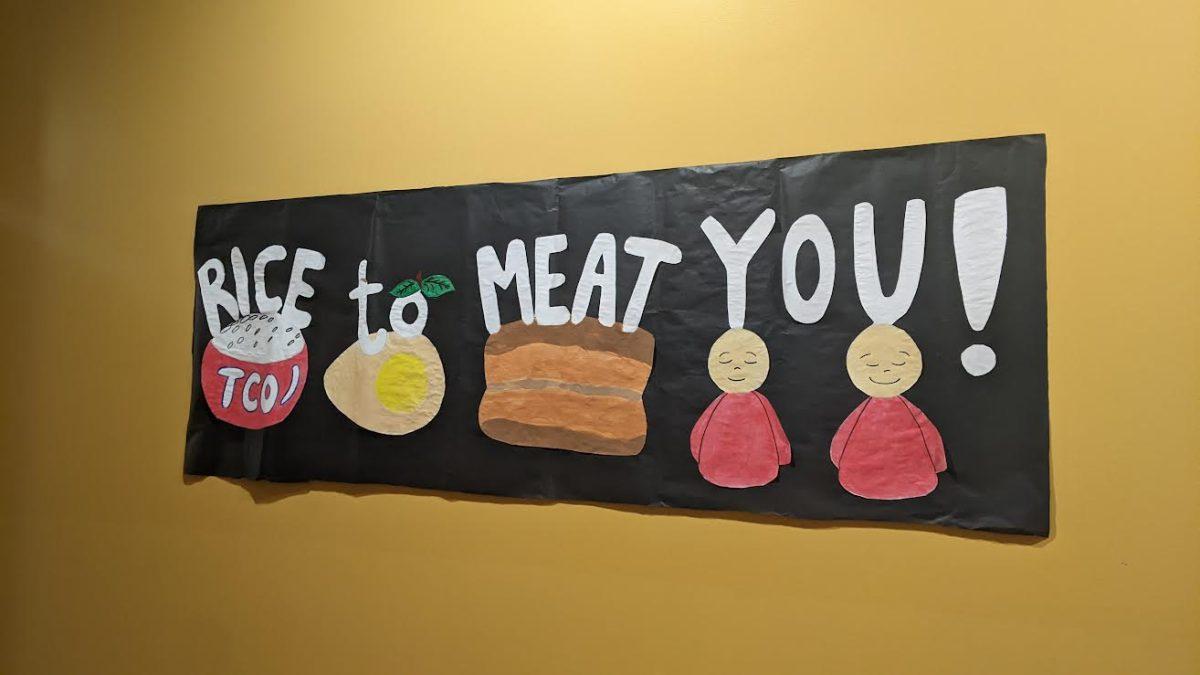The Taiwanese Cultural Organization (TCO) had a night market-themed event on March 12 after two years where they were unable to host events. To encourage visitors to learn more about Taiwan, students entering the event could access a digital “passport” with five questions that corresponded to each of the games, which led to a raffle.
“TCO in the past has been known for food, and we’re really trying to promote the cultural elements of Taiwan and share that with the Wellesley community,” Rachel Sih ’22, TCO co-president and co-head of the night market’s game committee, said. “[Taiwanese night markets are] a place you can go to feel safe and [for] comfort and to just have fun and I think, at Wellesley, we have been missing that in the past couple of years.”
While the term “night market” seems self-explanatory, there is more to them than just the expected street food and shopping — games, artwork and signature dishes can be found across each night market.
“Each city’s night market has its own characteristics, so they’re famous for certain foods. Our night market for this year is [the] Raohe night market. It’s a specific night market in Taipei, which is the capital city of Taiwan,” Liz Huang ’22, TCO publicity chair and head of the night market’s outreach committee, said. “It’s very important culturally, because it’s very significant in Taiwan’s nightlife, and people go there to hang out with their friends and go there for food at night.”
To accurately replicate the Raohe night market, TCO worked with five student vendors and had their own stationary, TCO merchandise and boba shops. While they could not get Raohe’s specialty, black pepper buns, there were three kinds of bento boxes for students to take home and eat after the event due to COVID-19 restrictions. Even for students that are primarily interested in the food, Huang adds that there is always something to learn.
“We generally want people to leave wanting to know more about Taiwan or Taiwanese culture,” she said. “I think everybody now has been really on to the boba craze, but you know, boba originated from Taiwan and I think understanding food and the culture behind it is very important as well … thinking about ‘who produced this,’ ‘where did it come from.’”
Sih also emphasized the cultural significance of food in Taiwan, which “serves as a vehicle for love and care.” Being able to share Taiwanese food is not just a way to showcase Taiwanese culture, but is also a way for some students to connect to home.
“These events matter so much to us. I think for us, it provides us a sense of home and a sense of belonging, at least for me,” Huang said. “Being able to be part of TCO has been really comforting because, being so far away from home as an international student, you can get kind of homesick really easily and I think coming to these events could help you find a sense of community.”
Transitioning from virtual to in-person events has also been a significant change for TCO, with the night market displaying the culmination of hard work from the e-board to both create a fun event and preserve some of the College’s traditions.
“It’s not just TCO, but [for] all events that are being put on, there’s so many more hoops to jump through … and also, because of COVID, a lot of the sophomores and freshman both haven’t experienced these [events], so our programming chairs have worked extra hard to keep all the traditions of Wellesley,” Sih said. “I’m really appreciative of what our e-board has put in and how everyone has stepped up and taken their part of the load and I just want that to be reflected on at night market.”






